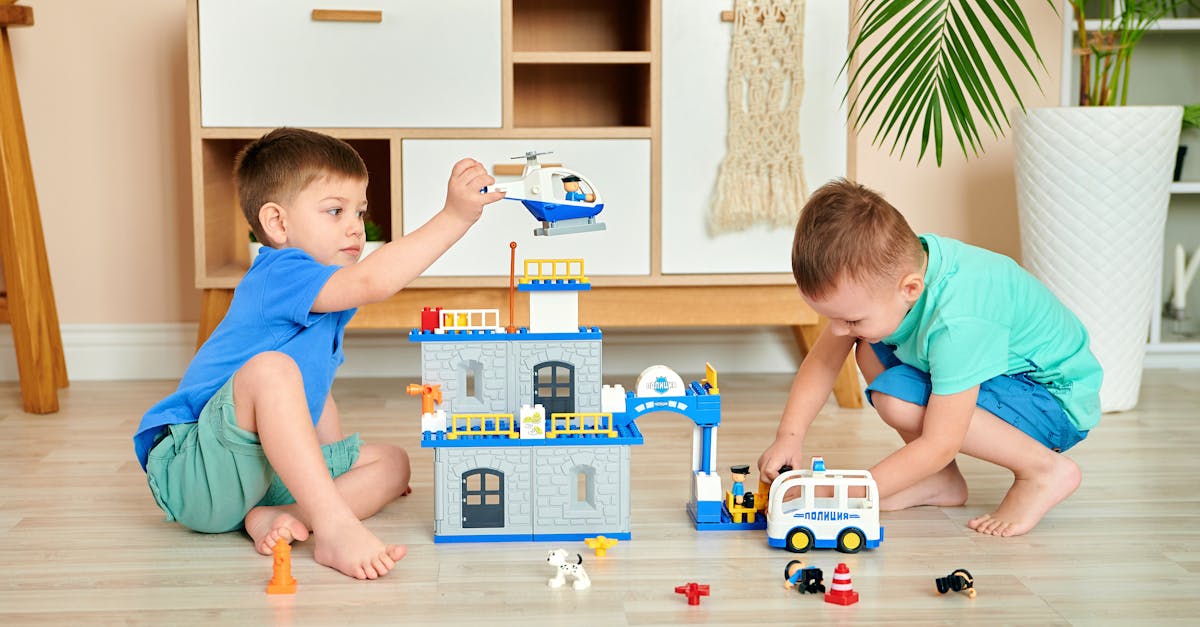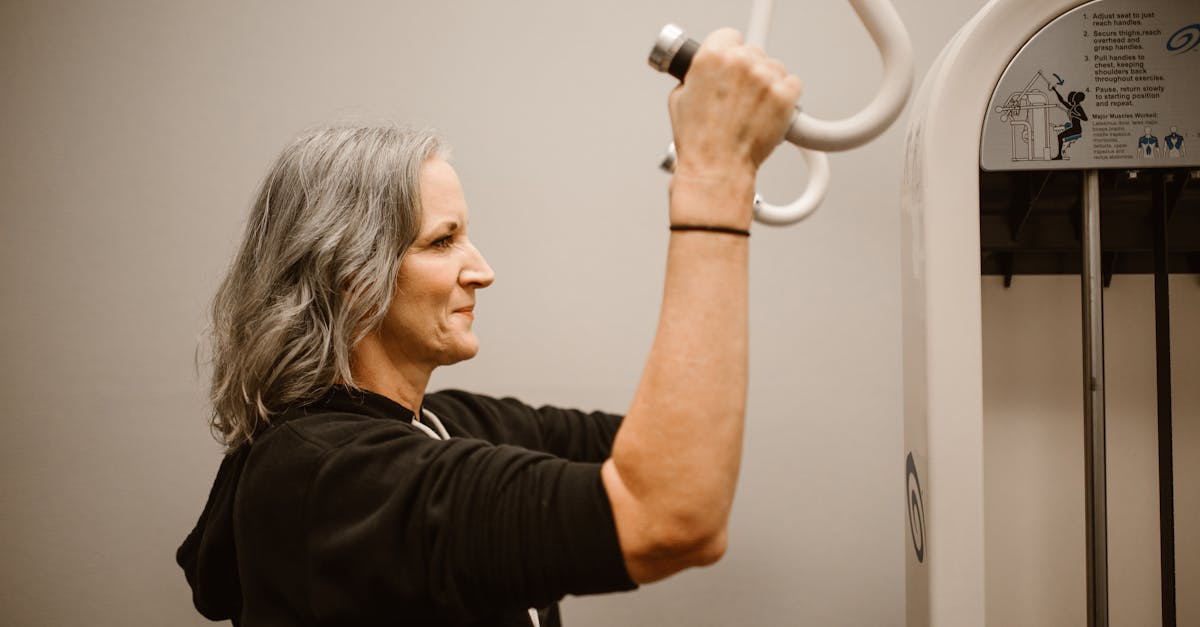Table of Contents
ToggleIn the wild world of parenting, one style often takes the spotlight: helicopter parenting. Picture this: a parent hovering just above their child, ready to swoop in at a moment’s notice. While it might sound like the plot of a quirky sitcom, it’s a real phenomenon that has parents and experts scratching their heads.
Helicopter parents are known for their intense involvement in their children’s lives, sometimes to a fault. They often micromanage every aspect, from school projects to social interactions. But is this level of oversight helping or hindering? As the debate rages on, understanding the nuances of helicopter parenting can help parents navigate the tricky terrain of raising independent kids without losing their minds—or their sense of humor.
Overview of Parenting Styles
Understanding various parenting styles provides insight into how children develop. Authoritative parenting emphasizes high responsiveness and high demands. This method fosters independence while setting clear expectations and boundaries. Parents adopting an authoritative approach often encourage open communication, which helps children express feelings and assert themselves.
Permissive parenting involves high responsiveness but low demands. Parents in this category closely nurture their children but avoid establishing strict rules. While this style can create a warm environment, it may hinder children’s ability to manage responsibilities effectively.
Neglectful parenting, characterized by low responsiveness and low demands, leads to a lack of supervision and support. Children growing up in such an environment often struggle with self-esteem and social skills. They may face significant challenges in academic and interpersonal settings.
Helicopter parenting, a term characterized by excessive involvement in children’s lives, reflects overprotective behavior. Such parents often micromanage children’s decisions, from academic performance to social interactions. This behavior can stifle independence and problem-solving skills, as children may rely too much on parents for guidance.
Each style plays a crucial role in shaping children’s development and future behavior. Balancing involvement and autonomy is essential to helping children thrive. Recognizing the differences among these styles allows parents to make informed decisions, ultimately fostering healthy growth and independence.
Helicopter Parenting Defined
Helicopter parenting involves parents closely monitoring and controlling their children’s lives. This style is characterized by excessive involvement, typically seen in academic performance, friendships, and extracurricular activities.
Characteristics of Helicopter Parenting
Overly involved parents often micromanage children’s schoolwork and social relationships. They maintain constant communication through text messages and phone calls, checking in frequently. Such parents set strict guidelines for activities, limiting children’s choices and fostering dependency. Unyielding expectation of achievement creates pressure, making it difficult for children to develop self-management skills. They may overlook teaching moments that promote problem-solving or independence, focusing instead on preventing failures.
Impact on Children
Children raised under helicopter parenting often experience heightened anxiety and reduced self-esteem. They struggle with decision-making, as they depend heavily on parental guidance. Independence suffers when children do not learn to navigate challenges alone. Some may develop a fear of failure, leading to reluctance in trying new activities. Long-term effects may include challenges in forming relationships, as reliance on parents can stifle social skills. These children might find transitioning into adulthood particularly challenging, needing greater support in developing resilience and self-reliance.
Comparisons with Other Parenting Styles
Helicopter parenting stands out among various parenting styles by emphasizing increased involvement and control over children’s lives.
Authoritative Parenting
Authoritative parenting promotes a balance between responsiveness and demands. Children experience a supportive environment while also facing clear expectations, which fosters independence. Parents set rules yet encourage open communication, allowing for the development of critical thinking skills. Research indicates that children raised in such households generally exhibit higher self-esteem and better social skills compared to those in helicopter parenting environments. The encouragement of autonomy characterizes this style, contrasting sharply with the micromanagement typical of helicopter parenting.
Permissive Parenting
Permissive parenting operates on high responsiveness but low demands. This approach creates a nurturing atmosphere where children feel loved and accepted. However, the lack of consistent rules can lead to difficulty managing responsibilities. Children may enjoy freedom, but they often struggle with limits and boundaries. Growth in self-discipline and accountability may suffer as a result. The stark difference between permissive and helicopter parenting lies in the absence of pressure within permissive styles, allowing greater exploration and independence.
Neglectful Parenting
Neglectful parenting presents the opposite end of the spectrum, combining low responsiveness with low demands. In this style, parents remain uninvolved, which leads to a lack of supervision and support. Children often experience challenges in developing self-esteem and social skills due to this absence of guidance. The disconnect in emotional support can hinder personal growth, setting them up for difficulties in life. Unlike helicopter parenting, which exerts control, neglectful parenting may leave children to navigate their needs alone, resulting in consequences that affect their independence and well-being.
Pros and Cons of Helicopter Parenting
Helicopter parenting comes with both advantages and disadvantages that impact children’s development.
Pros:
- Increased Support: Children benefit from close parental guidance in academics and social situations, providing a foundation for success.
- Safety Assurance: This style often ensures that children make safer choices, as parents monitor their activities closely.
- Enhanced Achievement: Heavily involved parents often motivate their children to achieve high academic and extracurricular standards.
Cons:
- Dependence Issues: Children may struggle with independence due to parents making most decisions for them, limiting their problem-solving skills.
- Anxiety Levels: Increased pressure to perform often leads to heightened anxiety and stress in children, resulting in negative mental health outcomes.
- Social Skill Deficits: Limited opportunities for children to navigate challenges themselves can hinder the development of critical social skills needed for adulthood.
Addressing these pros and cons highlights the complex nature of helicopter parenting. While it helps ensure children have support and guidance, the potential drawbacks emphasize the importance of fostering autonomy. Balancing involvement and independence proves crucial for children’s healthy development.
Helicopter parenting presents a double-edged sword in the realm of child development. While it offers a layer of support and safety, it can also foster dependency and anxiety in children. Striking a balance between guidance and independence is crucial for nurturing self-sufficient individuals.
Parents must reflect on their involvement and consider the long-term effects of their parenting style. By encouraging autonomy while providing necessary support, they can help their children develop critical life skills. Ultimately, understanding the nuances of helicopter parenting can lead to healthier relationships and more resilient future adults.







